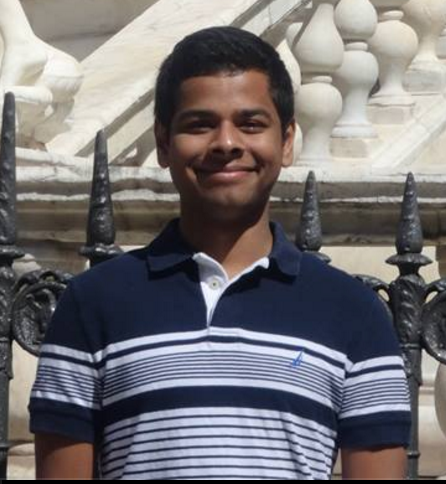Sadman Islam, Girton College, 2014-2015
I am a Junior Engineer in Canada with a background in Agricultural/Environmental Engineering. I completed my B.Eng from McGill University (Canada) and prior to starting the MPhil, I worked in machine design and teaching for one of the largest farming equipment manufacturers, John Deere. Originally from Bangladesh, I have spent most of my adult life moving around North America, either for work or travel. My undergraduate studies and the exposure to various projects during my work life highlighted the importance of sustainable practices, which led me to my further studies in Cambridge.
Dissertation title:
Identification and optimization of conditions required for systems interactions in Green Infrastructures: A case study in Newcastle of Sustainable Urban Drainage Systems
Students report:
During my undergraduate studies I was exposed to the world of biofuels, urban agriculture, rainwater recycling, change agents and many more subjects that I previously had very little idea about. After graduating and starting to work in the industry, I realised that although most profit seeking companies have a corporate sustainability report (CSR) on their webpage, very few actually adhere to that in their everyday practice. This was an unsettling feeling and I knew to bring about change, I needed to know more about bringing about shifting focus from short term economic gains to long term economic equity, engaging the wider community that is affected by a private corporation’s business and adapting company policies/goals to the natural environment. Upon realising what I wanted to do and through discussions with a couple of my undergraduate mentors, I decided to pursue the ESD Master’s program at Cambridge University.
Although it may sound cliché, one of the largest effects that the program had on me was that it allowed me to grow as a person. The course attracted individuals from all over the globe and created an environment where I had to interact with them everyday, learn about their backgrounds, their cultures, technical knowledge they had from the diverse areas they worked in, etc. To me, this was a huge added benefit of attending the MPhil. Obviously, the MPhil also gave me an in depth view of sustainability principles, which helped me to build on the foundations that I already had from my undergraduate degree.
Currently I am working as a Research Manager at McGill University. I work with the Office of Sponsored Research and manage a portfolio of projects focused in the areas of controlled environment agriculture, greenhouse design, biomass gasification, grey water recycling and proteomics for biofuel production.

